Srikar Adhikari
Adaptive Few-Shot Learning PoC Ultrasound COVID-19 Diagnostic System
Sep 08, 2021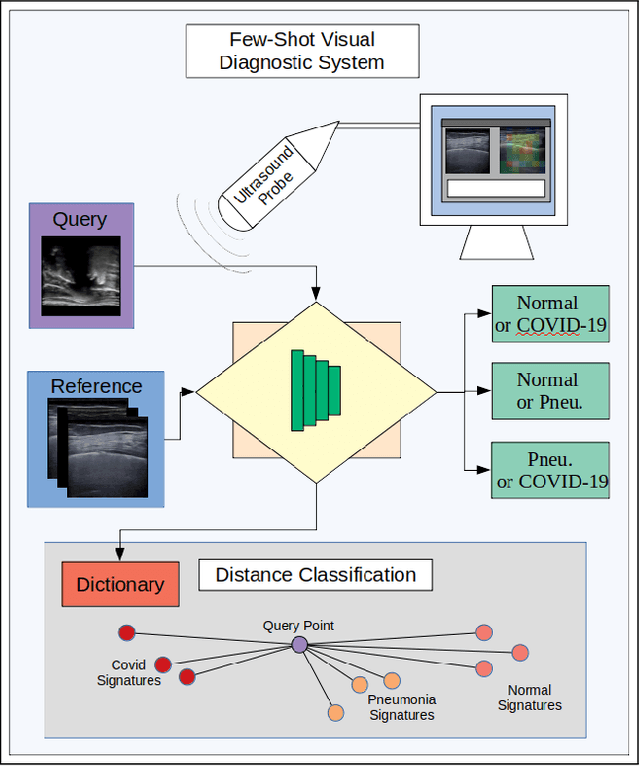
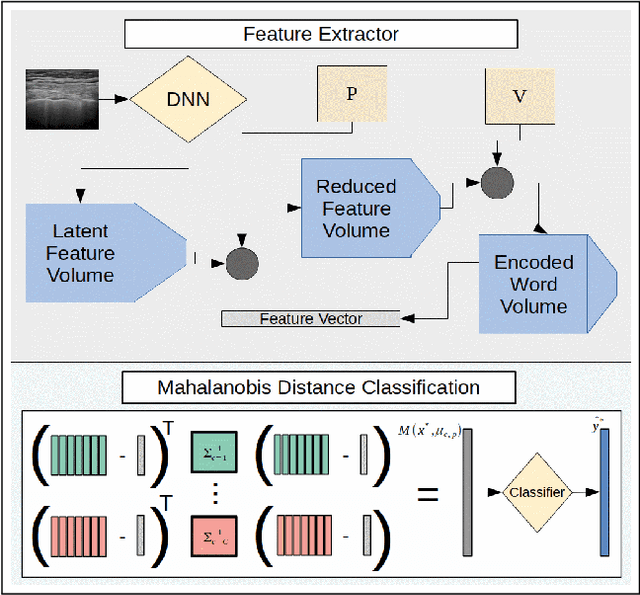

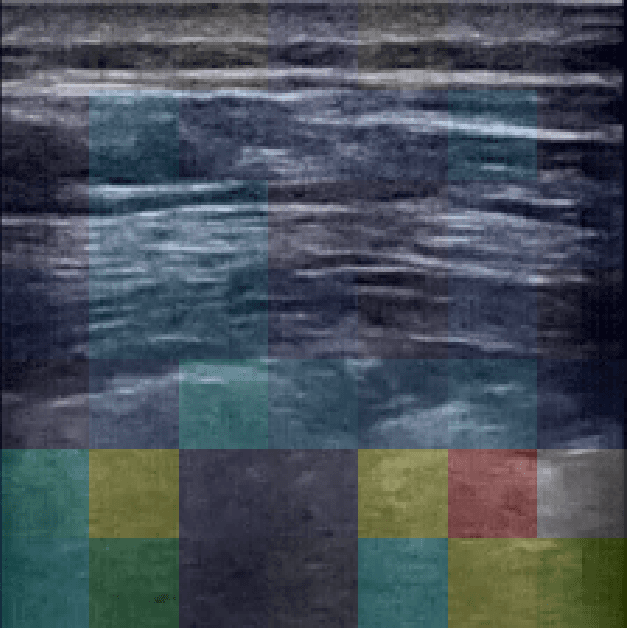
Abstract:This paper presents a novel ultrasound imaging point-of-care (PoC) COVID-19 diagnostic system. The adaptive visual diagnostics utilize few-shot learning (FSL) to generate encoded disease state models that are stored and classified using a dictionary of knowns. The novel vocabulary based feature processing of the pipeline adapts the knowledge of a pretrained deep neural network to compress the ultrasound images into discrimative descriptions. The computational efficiency of the FSL approach enables high diagnostic deep learning performance in PoC settings, where training data is limited and the annotation process is not strictly controlled. The algorithm performance is evaluated on the open source COVID-19 POCUS Dataset to validate the system's ability to distinguish COVID-19, pneumonia, and healthy disease states. The results of the empirical analyses demonstrate the appropriate efficiency and accuracy for scalable PoC use. The code for this work will be made publicly available on GitHub upon acceptance.
POCFormer: A Lightweight Transformer Architecture for Detection of COVID-19 Using Point of Care Ultrasound
May 20, 2021
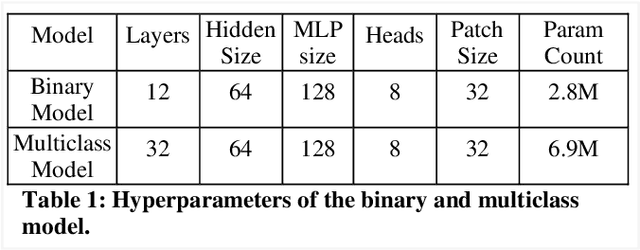
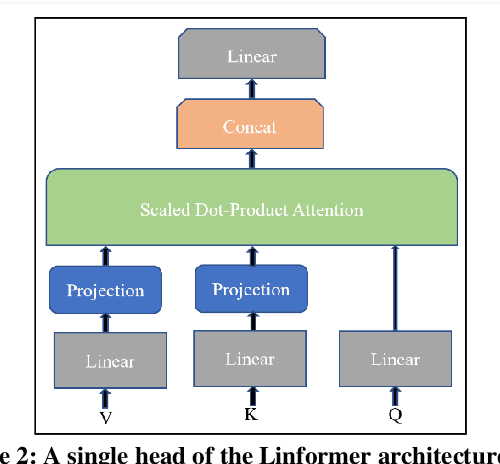

Abstract:The rapid and seemingly endless expansion of COVID-19 can be traced back to the inefficiency and shortage of testing kits that offer accurate results in a timely manner. An emerging popular technique, which adopts improvements made in mobile ultrasound technology, allows for healthcare professionals to conduct rapid screenings on a large scale. We present an image-based solution that aims at automating the testing process which allows for rapid mass testing to be conducted with or without a trained medical professional that can be applied to rural environments and third world countries. Our contributions towards rapid large-scale testing include a novel deep learning architecture capable of analyzing ultrasound data that can run in real-time and significantly improve the current state-of-the-art detection accuracies using image-based COVID-19 detection.
 Add to Chrome
Add to Chrome Add to Firefox
Add to Firefox Add to Edge
Add to Edge